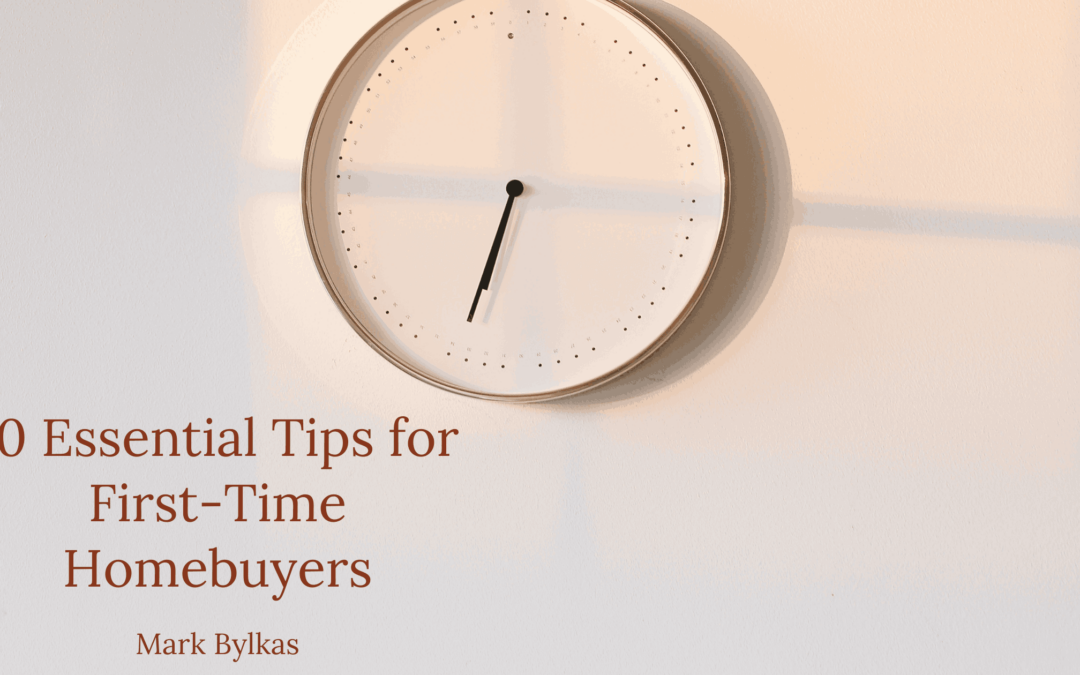Buying your first home is an exciting milestone, but it can also feel overwhelming. From navigating the financial aspects to selecting the perfect property, the process requires careful planning and informed decisions. Here are ten essential tips to help first-time homebuyers make the best choices and avoid common pitfalls.
1. Determine Your Budget
Before starting your house hunt, establish a clear budget. Consider your income, savings, and monthly expenses. Use an online mortgage calculator to estimate your potential loan amount and monthly payments. Be realistic about what you can afford without overextending yourself financially.
2. Get Pre-Approved for a Mortgage
Getting pre-approved for a mortgage not only helps you understand your borrowing capacity but also signals to sellers that you are a serious buyer. Pre-approval involves a lender reviewing your financial documents and providing a conditional loan amount. This step streamlines the buying process and gives you a competitive edge in the market.
3. Research the Local Real Estate Market
Understanding the market trends in your desired area is crucial. Investigate property values, neighborhood amenities, school districts, and future development plans. A property in a desirable location can appreciate faster and offer better long-term value.
4. Work with a Trusted Real Estate Agent
A skilled real estate agent can make the home-buying process smoother. They bring market expertise, negotiate on your behalf, and help you navigate complex paperwork. Choose an agent with experience in the area where you want to buy.
5. Prioritize Your Must-Haves
Make a list of features that are non-negotiable for you, such as the number of bedrooms, proximity to work, or access to public transportation. This helps narrow your search and keeps you focused on properties that truly meet your needs.
6. Don’t Skip the Home Inspection
A home inspection is a vital step before closing a deal. It reveals any underlying issues, such as structural damage, plumbing problems, or electrical faults. While it may cost a few hundred dollars upfront, it can save you thousands in unexpected repairs.
7. Factor in All Costs
The purchase price is just one part of the equation. Don’t forget to account for additional expenses such as:
- Property taxes
- Home insurance
- Maintenance and repairs
- HOA fees (if applicable)
- Closing costs (usually 2-5% of the purchase price)
Knowing these costs helps you plan your finances better and avoid surprises.
8. Be Prepared for a Lengthy Process
Buying a home often takes longer than expected, especially in competitive markets. Stay patient and be prepared for delays in financing, inspections, or negotiations. Rushing can lead to decisions you may regret later.
9. Keep Emotions in Check
It’s easy to fall in love with a property, but don’t let emotions cloud your judgment. Always evaluate whether the home aligns with your budget and future goals. Remember, there will always be other properties if a deal doesn’t work out.
10. Think Long-Term
Consider how your needs might evolve over the next 5-10 years. Are you planning to grow your family? Is the area likely to appreciate in value? Choosing a home that aligns with your long-term goals ensures you make a wise investment.
Common Mistakes to Avoid
- Skipping pre-approval and assuming you can afford a home without a clear understanding of your finances.
- Overlooking hidden costs such as repairs, taxes, or maintenance.
- Buying a home based solely on aesthetics without considering its functionality or resale value.
Purchasing your first home is a significant financial and emotional commitment, but with proper preparation and guidance, it can be a rewarding experience. By following these tips, you can confidently navigate the process and make a decision you’ll be happy with for years to come.

